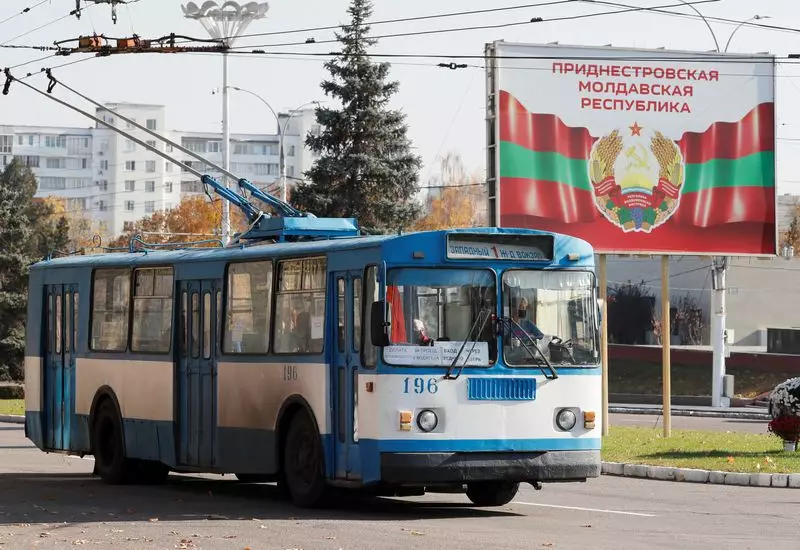The ongoing energy crisis in the breakaway Moldovan region of Transdniestria has taken a significant toll on local residents and presents various challenges to the broader geopolitical landscape. Following Kyiv’s decision not to extend a gas transit contract with Russia, Transdniestria has become increasingly dependent on limited resources, leading to widespread power cuts. In January, this predominantly Russian-speaking region, which declared independence from Moldova in the 1990s, found itself in dire straits when Russian gas supplies were completely halted. The interruption emerged after the expiry of an existing agreement that had allowed gas to flow through Ukraine, sparking immediate rolling blackouts across the region.
Transdniestrian officials confirmed the start of rolling blackouts that commenced on Friday evening, with scheduled cuts affecting various districts for three-hour intervals. Such measures are indicative of a much graver situation than simple power outages; they reflect a broader vulnerability within Transdniestria’s energy infrastructure, heavily reliant on gas from Russia. According to self-declared regional president Vadim Krasnoselsky, the area has enough gas reserves to last for only a limited timeframe, suggesting that residents may face an extended period of hardship should alternative arrangements not be made.
The rolling blackouts not only affect the daily lives of individuals but also pose economic challenges for the entirety of Moldova. The energy supply from Transdniestria has historically been a crucial pillar supporting government-controlled areas in Moldova, often provided at subsidized rates. Prime Minister Dorin Recean’s announcement regarding a security crisis highlights the urgency of the situation, as the potential for instability grows alongside electrical shortages.
In response to the crisis, the Moldovan government has asserted that it is prepared to handle the fallout through a mixture of electricity imports from Romania and domestic production. Moldova sources approximately 60% of its gas from Romania, a critical lifeline as it attempts to navigate this energy dilemma. However, the lack of a sustainable resolution exacerbates the uncertainty faced by both Transdniestria and Moldova at large.
Interestingly, while Moldova accuses Kremlin-backed Gazprom of using energy supplies as a political weapon, Gazprom maintains that it has previously fulfilled its obligations of supply until Ukraine ceased gas transit. The dispute over Moldova’s unpaid gas debts further complicates the situation, with the government contesting Gazprom’s claims of outstanding debts.
The repercussions of the current energy crisis extend beyond immediate power shortages, showcasing the intricate link between energy dependency and geopolitical maneuvering. Transdniestria’s reliance on Russian gas places it at the mercy of regional politics while placing significant pressure on Moldova to diversify its energy sources. As alternative arrangements develop, the nature of energy diplomacy in Eastern Europe is likely to shift, with potential for increased tensions between Moldova, Transdniestria, and Moscow.
The ongoing power situation in Transdniestria serves as a poignant reminder of the complexities borne from geopolitical conflicts and energy dependency. The outcomes of this crisis may redefine energy strategies and regional alliances for years to come.

